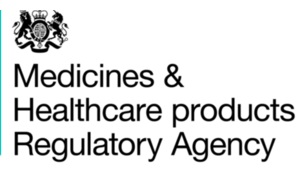
-
27th Nov 2012, 03:58 PM
#3
Interesting question as it does not just apply to fasting, another example would be when subjects might be asked to refrain from sexual activity for 48 hours prior to a protocol required sample collection; or other pre-requisites.
The need for written informed consent prior to conducting any protocol required activities with subjects is paramount. However, it may acceptable (as suggested in the MHRA GCP Guide) to provide general information to a potential subject prior to screening which might include the general requirements of the study, including suitable testing conditions. The Ethics Committee must explicitly approve the offer to subjects to provide fasting samples upon screening. The Ethics Committee should be able to pass an opinion on this. It would be inappropriate to do this with vulnerable groups such as the elderly. If subjects do take up the offer of arriving fasted, then they should be warned about possible consequences (dizziness, etc). I do agree that subjects might feel obliged to participate now that they have gone to the trouble of fasting. If in any doubt, the subject should feel free to take longer to think about the trial and come back for another visit. When safeguards are in place and the risk is low to the subject, then it is the subject’s free choice to decide whether or not to arrive for the screening visit having met those conditions and they should be informed that failure to arrive in that condition will not preclude them from being screened. No pressure or undue influence should be put on the potential subjects to conform to the screening test requirements. Protocols should not be written that would exclude subjects from screening simply because the testing conditions were not met at the initial visit. Processes should permit the required tests to be done at a later date, perhaps within a window defined as the screening visit, or at a subsequent visit. At no time should it be suggested to a subject to begin a wash-out period, change a medication, or do anything that could affect his or her medical condition, safety or well being, prior to having the full study explained and obtaining their written informed consent. It must be remembered that potential subjects must have “ample time and opportunity” (ICH GCP 4.8.7) to think about and discuss the study, before beginning any study related activities. For low risk studies the MHRA has suggested that consent by mail might be possible. In a similar way subject information and consent forms could be sent to subject in advance and the study discussed with them over the phone. They would then know about the fasting conditions and would be able (if their questions were fully answered) to consent at the begging of their visit, therefore not delaying the blood test. In the case of multi-national trials, it is not known how other regulatory authorities may view this process. It would be best to check with them.
 Posting Permissions
Posting Permissions
- You may not post new threads
- You may not post replies
- You may not post attachments
- You may not edit your posts
-
Forum Rules






 Reply With Quote
Reply With Quote